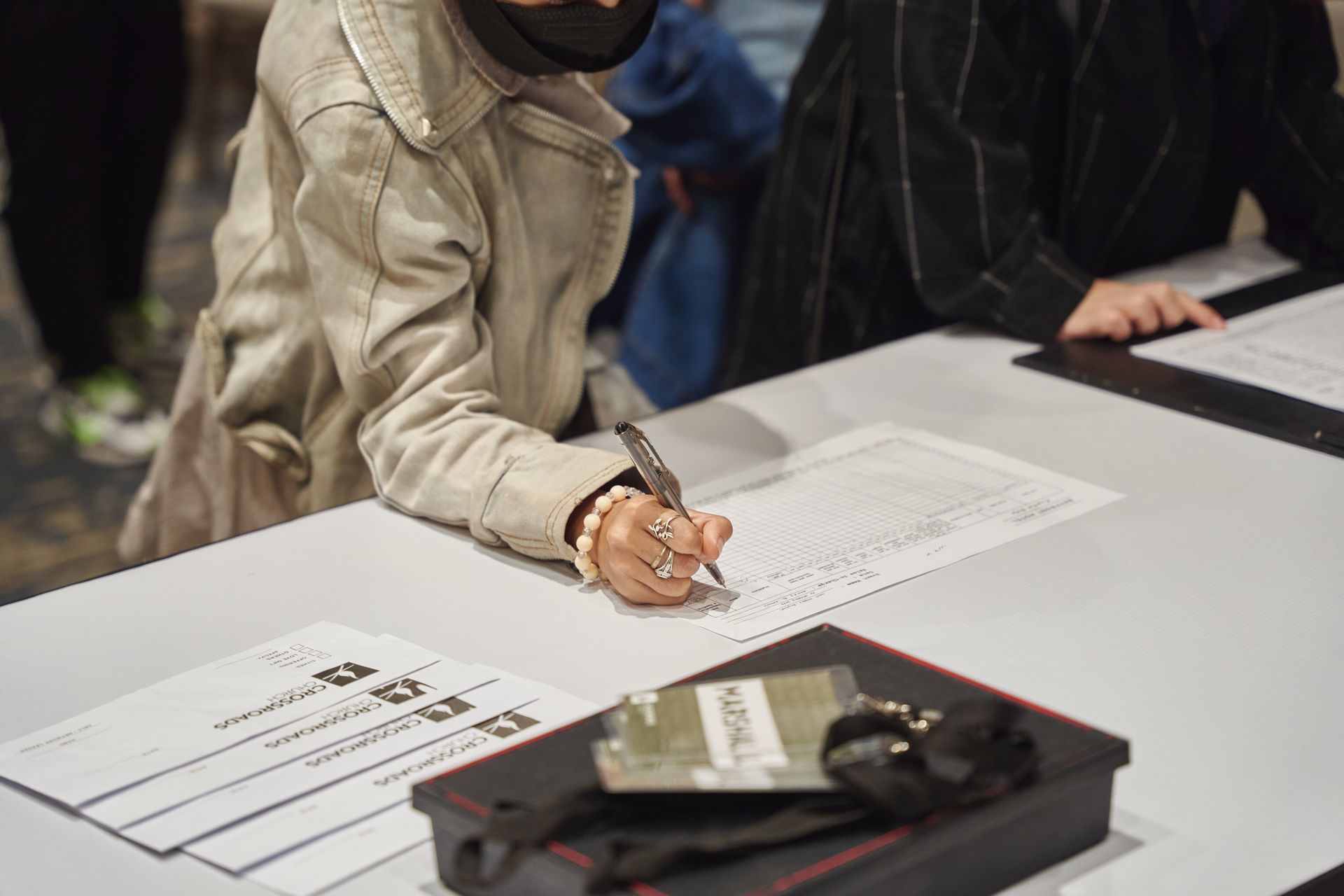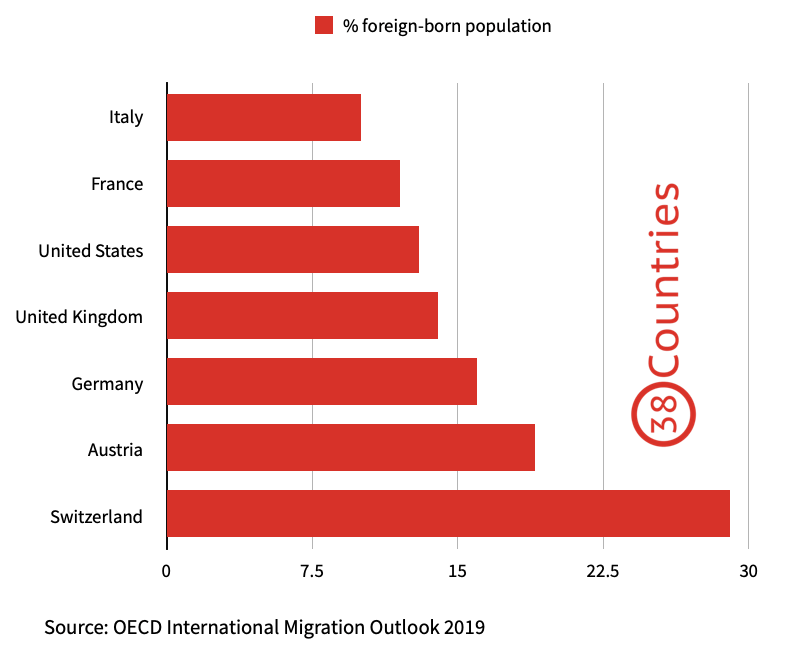Begrenzungsinitiative - Switzerland says yes to immigration
Yesterday, the 27th of September 2020, there was a big referendum in Switzerland on whether the current immigration deal with the EU should be kept. Switzerland, not being part of the EU nor the EEA, has a special treaty with the EU that guarantees the personal freedom of movement, i.e. immigration to EU citizens and vice versa. In exchange, not only the Swiss can immigrate into any EU country freely, but Switzerland is also part of the EU market and borderless travel (Schengen) as well as a few other mutual benefits.
Similar to the Brexit and such sentiments in other European countries, Switzerland put this immigration deal on the ballot again. You might remember that only a few year ago (in 2014), the Swiss had already voted on almost the same issue.
Switzerland is THE immigration country in Europe
To give everything a bit of context, it is worth noting that Switzerland has a drastically higher percentage of inhabitants that were born outside of the country. According to the OECD, 29% of the Swiss population were born outside of Switzerland. The main countries where those were born are Germany, Italy and Portugal.
So here we have a country that has tons of immigrants already, way more (in terms of the percentage) than other countries like the United States, Germany, France, Italy or the United Kingdom. So it does not quite fit the “usual mantra” where often you have strong sentiments against immigrations in areas where there is already little immigration. In this case, with Switzerland you have a country that really has had tons of immigration, the second highest in the whole OECD and only surpassed by Luxembourg, a much much smaller country.
The old 2014 referendum
In 2014, the proponents of limiting immigration actually won. The referendum basically required the Swiss federal government to renegotiate the special “bilateral” treaties with the European Union to allow Switzerland to impose certain upper limits of immigrants from the EU per year. In the following years there was a long and complex discussion because exactly what the referendum demanded could not simply be implemented. Instead, there was the so called “guillotine” rule which would invalidate most of the important provisions in the bilateral treaties with the EU, essentially kicking Switzerland out of the preferential market access with the EU.
So in the end, not so much came out of that first referendum. Those Swiss and EU citizens alike who were already living in Switzerland would now gain preferential treatment in the case of unemployment over anyone who did not yet live in Switzerland. So this was a bit funny since now EU citizens living in Switzerland actually got more rights enshrined into the Swiss constitution than they had before the referendum - the very referendum that was supposed to lock them out.

The most recent 2020 referendum
So the Swiss People’s Party (SVP), the same group who initiated the first referendum, did it again 2020 after six years. This time, they explicitly demanded the bilateral treaties with the EU to be cancelled and a whole new deal to be renegotiated with the EU. To me that sounded a bit like what the Brexiteers were talking about for quite some time.
But the Swiss found this apparently too much of an experiment. On the one hand, the Swiss are known for being a bit risk-avers and not so explicit, the famous Swiss neutrality might ring a bell. So even though Switzerland is of course far from actually being neutral nowadays, officially quitting the deal with the EU was probably too risky in the eyes of many Swiss. Also, actually quitting the bilateral treaties would have once again threatened Switzerland’s economy. Which is also why SVP was the only party in favor of the most recent as well as the 2014 referendum while all other major Swiss parties were against it.
The good news: if you are an EU citizen or highly qualified, you can still come!
So since that referendum was also rejected, you can still move to Switzerland if you are either an EU citizen or if you are highly qualified and have a different passport.
If you have any questions about this, feel free to drop us a message on the contact form or on Whatsapp.
This article is not financial, tax or legal advice by any means.
I am only sharing my own personal experiences here.
Always seek professional financial, tax or legal advice before making decisions.




